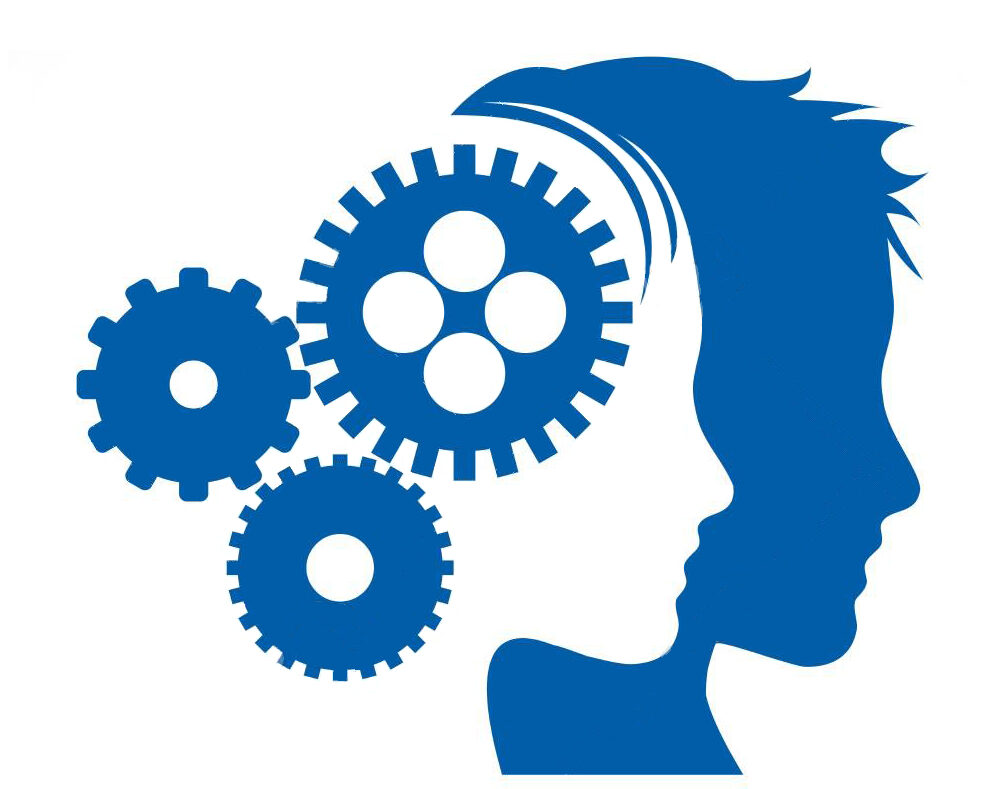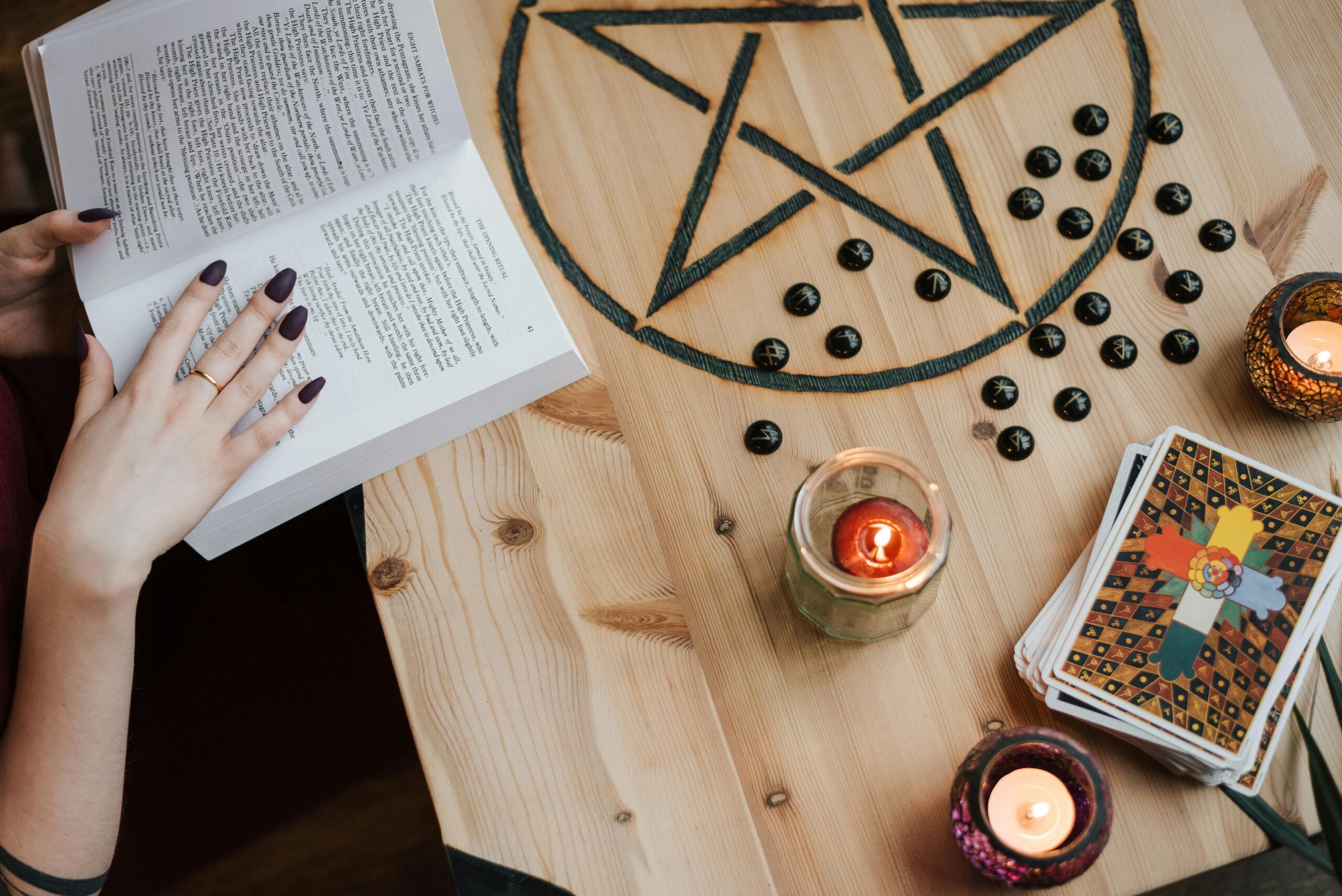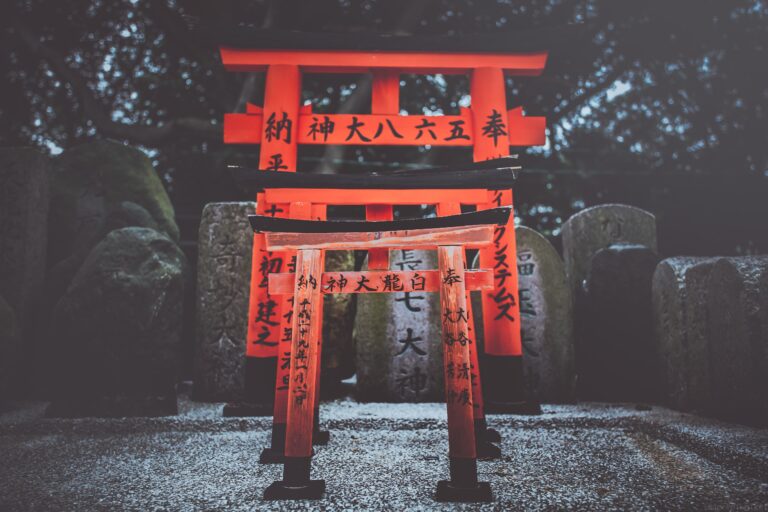In this intriguing article, you will explore the age-old clash between fate and destiny. We often ponder whether it is our actions that shape our future or if there exists an predetermined path for us. As we journey through this thought-provoking topic, we will unravel the differences between fate and destiny, examining how they intertwine and occasionally clash in our lives. Get ready to embark on a fascinating exploration of this eternal battle.
The Battle of Fate and Destiny
Have you ever questioned whether your life is predetermined or if you have the power to shape your own future? The concepts of fate and destiny have been pondered by great thinkers, debated by theologians, and explored by scientists for centuries. In this article, we will delve into the understanding of fate and destiny, examine their significance in various realms including religion, philosophy, and science, and explore the cultural and societal influences that shape our beliefs about them. By the end, you may find yourself reflecting on your own perspectives and contemplating the coexistence of fate and destiny.
Understanding Fate and Destiny
Defining Fate
Fate, often referred to as a predetermined course of events, implies that your life’s journey is already mapped out in advance. It suggests that a higher power, whether divine or cosmic, has predetermined the sequence of events that will unfold throughout your lifetime. In this perspective, every choice, action, and consequence is seen as part of a grand design, with each individual playing a specific role in the tapestry of existence.
Defining Destiny
Destiny, on the other hand, is often viewed as the purpose or ultimate outcome that an individual is destined to fulfill. It is seen as a culmination of one’s potential, unique talents, and personal aspirations. Unlike fate, destiny emphasizes the power of individual agency and the ability to carve one’s own path. It suggests that although certain events may be destined to occur, it is ultimately up to the individual to embrace their true calling and fulfill their purpose in life.
Different Perspectives
The understanding of fate and destiny varies across cultures, religions, and philosophical ideologies. Some believe that fate and destiny are two interchangeable terms, representing the same concept. Others argue that fate focuses more on the external factors beyond our control, while destiny highlights the internal strength and determination that propel us towards our intended purpose.
Predestination vs Free Will
One of the most debated aspects of fate and destiny is the conflict between predestination and free will. Predestination suggests that everything is predetermined and that the choices we make are merely illusions. In contrast, the concept of free will emphasizes the power of our choices and actions to shape our own destinies. It argues that we have the ability to break free from the predetermined path and steer our lives towards our desired outcomes.
Fate and Destiny in Religion
Fate in Different Religions
Religions across the world embrace different perspectives on fate and destiny. In some belief systems, such as Islam and Calvinism, the concept of predestination holds a significant role. It is believed that a higher power has determined the fate of each individual, and their actions merely reflect the predetermined outcome. However, other religions, such as Hinduism and Buddhism, emphasize the interplay of karma and individual action towards achieving one’s destiny.
Destiny in Different Religions
Destiny is often regarded as an integral part of many religious doctrines. In Christianity, for example, believers are encouraged to seek God’s will and fulfill their purpose in life. Similarly, in Sikhism, destiny is seen as the result of past actions and is linked to the idea of divine justice. The concept of destiny serves as a guiding principle for individuals to live a righteous life in alignment with their spiritual beliefs.
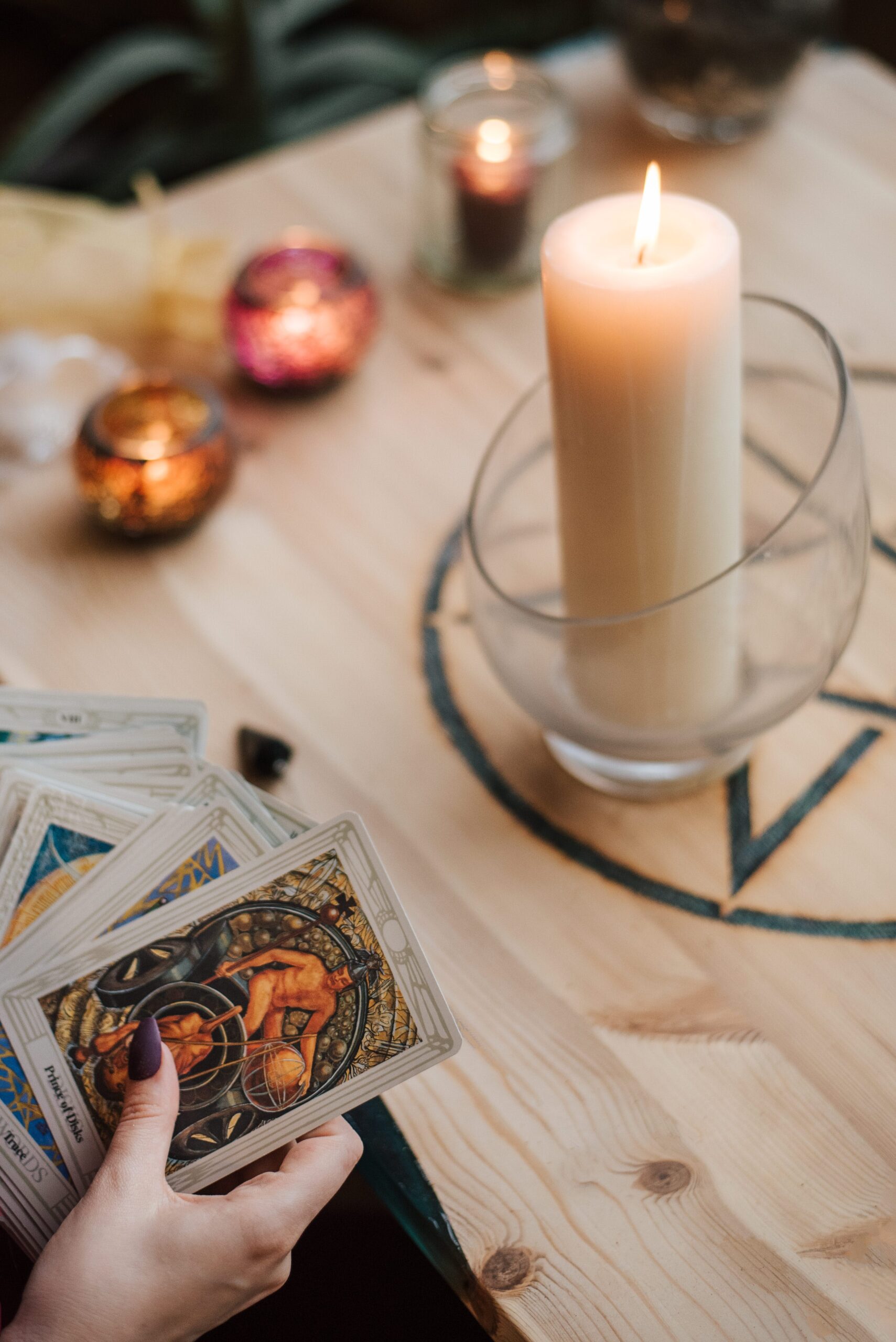
Philosophical Views on Fate and Destiny
Determinism vs Indeterminism
In the realm of philosophy, the battle between determinism and indeterminism shapes the understanding of fate and destiny. Determinism argues that all events, including human actions, are ultimately determined by external factors or prior causes. It purports that everything in the universe operates in a cause-and-effect manner, leaving no room for true randomness or free will. In contrast, indeterminism suggests that there is an element of unpredictability and randomness in the universe, allowing for the possibility of free will and the ability to shape one’s own destiny.
Fatalism vs Existentialism
Fatalism and existentialism offer contrasting perspectives on the human experience in relation to fate and destiny. Fatalism holds that humans are powerless in the face of an inevitable predetermined fate. It implies that regardless of the choices we make, the outcome remains unchanged. Existentialism, on the other hand, emphasizes the individual’s responsibility and freedom to create their own meaning and purpose in life. It asserts that we have the power to shape our own destinies through our choices and actions.
Compatibilism vs Incompatibilism
The philosophical debate between compatibilism and incompatibilism attempts to reconcile the concepts of determinism and free will. Compatibilism states that determinism and free will can coexist, proposing that even in a determined universe, individuals can still exercise their free will within the constraints of the predetermined events. Incompatibilism, however, argues that determinism and free will are fundamentally incompatible, suggesting that if determinism is true, free will cannot exist.
Scientific Perspective on Fate and Destiny
Quantum Mechanics and Uncertainty
In the realm of science, the concept of fate and destiny undergoes a different kind of exploration. Quantum mechanics, which deals with the behavior of particles at the smallest scales, introduces an element of uncertainty and randomness into the fabric of reality. Uncertainty principle states that the very act of observation affects the behavior of particles, making it impossible to predict with absolute certainty their future states. This scientific principle challenges the deterministic view of fate, leaving room for the potential influence of individual choices and actions.
Neuroscience and Free Will
Neuroscience, the study of the brain and its functions, offers insight into the determinants of human behavior and the concept of free will. Research in neuroscience suggests that our thoughts, decisions, and actions are influenced by a complex interplay of biological, environmental, and genetic factors. While this may challenge the notion of absolute free will, it does not negate the potential for individuals to exercise a degree of autonomy and make conscious choices that can shape their destinies.

Cultural and Societal Influence on Fate and Destiny
Superstitions and Beliefs
Cultural and societal beliefs play a significant role in shaping our perspectives on fate and destiny. Superstitions, for example, are deeply rooted in many cultures, with individuals attributing their success or failure to external forces beyond their control. These beliefs often result in rituals and practices aimed at appeasing supernatural powers or ensuring a favorable outcome. Such cultural influence on our understanding of fate and destiny can shape our actions and decisions, influencing the trajectory of our lives.
Role of Culture and Upbringing
Culture and upbringing play a pivotal role in shaping our beliefs about fate and destiny. In some cultures, the belief in predetermined fate is deeply ingrained, with individuals commonly accepting their circumstances as unchangeable. In contrast, other cultures place a greater emphasis on personal agency and encourage individuals to take control of their own destinies. Our cultural backgrounds and familial upbringing significantly influence our outlook on life, impacting our perception of the role of fate and destiny in our lives.
Social Conditioning
Society often conditions individuals to adopt certain beliefs about fate and destiny. Social norms, expectations, and ideologies can shape our thinking and influence the choices we make. For example, societal pressure to conform to predetermined career paths or societal expectations of success can limit individuals’ exploration of their own desires and potential destinies. Recognizing and challenging societal conditioning can be crucial in navigating the battle between fate and destiny.
The Role of Choices and Actions in Fate and Destiny
Do Choices Shape Destiny?
The power of choices and their impact on shaping destiny is a subject of great contemplation. While some argue that destiny is predetermined and immune to the influence of personal choices, others believe that our choices have the potential to alter the course of our lives. Every decision we make, no matter how small, sets off a chain of events that can ultimately lead to different outcomes. By making conscious choices aligned with our values and aspirations, we can actively participate in shaping our own destinies.
The Butterfly Effect
The butterfly effect, a concept derived from chaos theory, asserts that even the smallest actions can have profound and far-reaching consequences. According to this theory, a seemingly inconsequential event, such as the flapping of a butterfly’s wings, can set off a series of cascading events that ultimately result in significant changes in the system. This idea suggests that our choices and actions, no matter how insignificant they may seem, can have an indeterminate impact on our lives and shape our destinies.
The Power of Intention
Intention, the conscious direction of our thoughts and actions towards a desired outcome, is believed to have a transformative effect on our destiny. By setting clear intentions and aligning our actions with our aspirations, we can create a focused and purposeful path towards our desired outcomes. Intention serves as a guiding force, allowing us to stay on track and make choices that lead us closer to fulfilling our destinies.
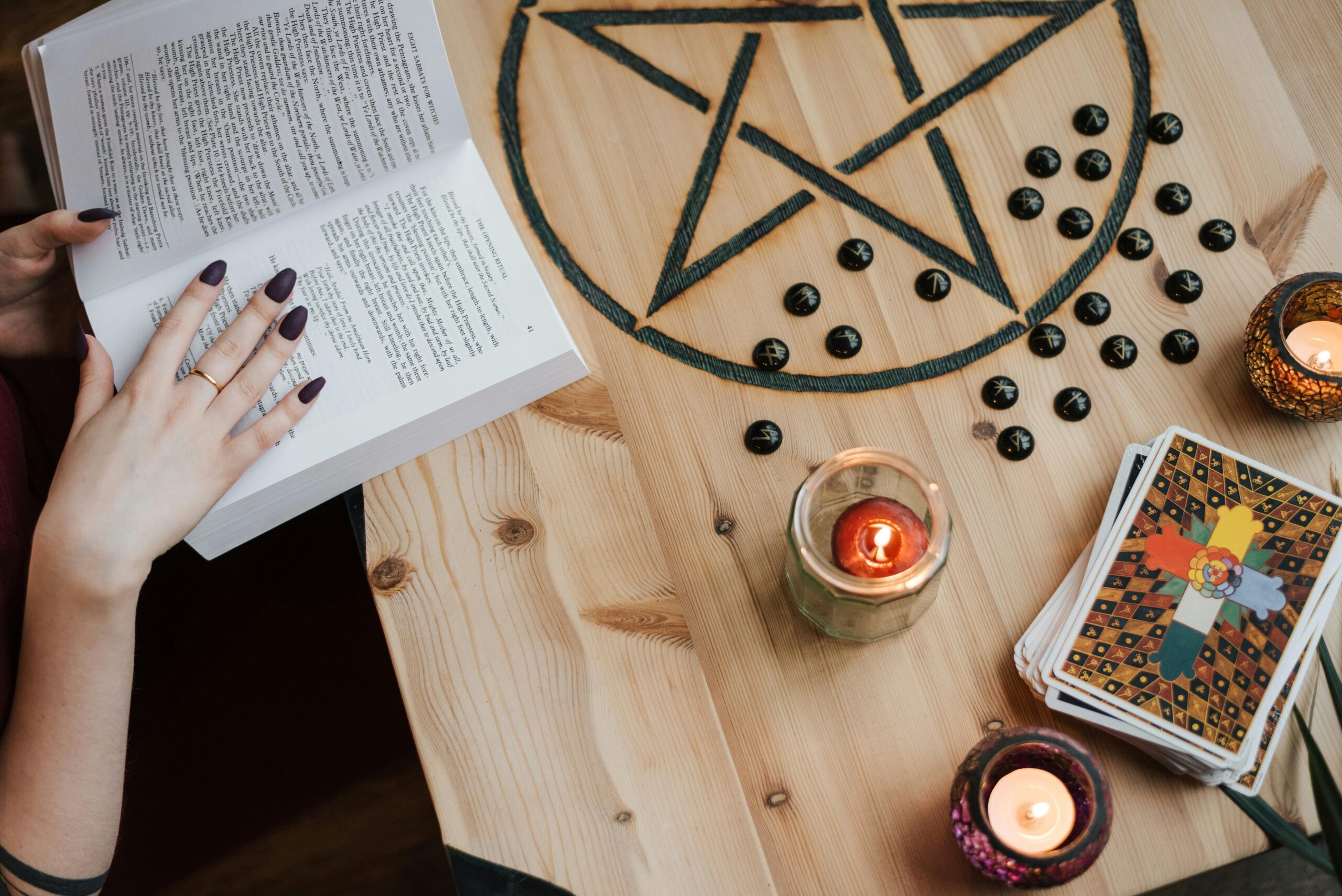
Acceptance and Resisting Fate and Destiny
Coping with Unexpected Events
Life is filled with unexpected twists and turns that may challenge our belief in fate and destiny. Coping with these unforeseen events often involves a delicate dance between acceptance and resistance. Acceptance allows us to acknowledge the realities of the present moment, while resistance involves taking proactive steps to shape our future. Striking a balance between these two approaches can help us navigate the ebb and flow of life’s uncertainties while staying aligned with our intended destinies.
Finding Meaning and Purpose
In the midst of contemplating fate and destiny, finding meaning and purpose becomes a fundamental pursuit. Whether fate or free will plays a larger role, discovering and embracing a sense of purpose can provide a guiding light throughout our journey. Engaging in activities that bring us joy, making meaningful connections with others, and contributing to something greater than ourselves can all contribute to a fulfilling sense of purpose that transcends mere fate or destiny.
Determining One’s Path
Determining one’s path in life involves a delicate dance between surrendering to the unfolding of fate and actively shaping our destinies through intentional choices. It requires self-reflection, self-discovery, and a deep understanding of our core values and passions. By aligning our actions with our values and ambitions, we can navigate the battle between fate and destiny with grace and confidence, forging a path that speaks to our authentic selves.
Can Fate and Destiny Coexist?
Harmony and Synchronicity
Many believe that fate and destiny are not mutually exclusive, but rather coexist in a harmonious relationship. It is said that fate sets the stage and creates opportunities, while destiny represents the potential that individuals can actualize through their choices and actions. In this perspective, individuals are not mere passengers but active participants in the unfolding of their lives, cooperating with fate to shape their unique destinies.
The Intersection of Fate and Destiny
The intersection of fate and destiny can be seen as a dance between surrender and empowerment. While external factors may influence the circumstances of our lives, it is up to us to seize the opportunities presented and take decisive actions. Through a combination of self-reflection, intention setting, and embracing the unknown, we can navigate the complex interplay of fate and destiny, forging a path that aligns with our true selves.
Making Peace with Fate and Destiny
Embracing Uncertainty
Making peace with fate and destiny begins with embracing uncertainty. Life’s unpredictability can evoke feelings of fear and insecurity, but by cultivating a mindset that embraces change and growth, we can find solace in the unknown. Recognizing that some aspects of our lives may be beyond our control and learning to adapt to changing circumstances can help us navigate the battle between fate and destiny with resilience and acceptance.
Developing Personal Agency
Developing personal agency is an essential aspect of finding peace in the realm of fate and destiny. It involves recognizing the power we have to make choices that align with our values and aspirations, and taking responsibility for the outcomes that result from those choices. By acknowledging our own agency, we can reclaim control over our lives and actively participate in shaping our own destinies.
Finding Balance
Finding balance amidst the battle of fate and destiny is crucial for a sense of inner harmony. It involves finding equilibrium between surrendering to the flow of life and taking deliberate action towards our goals. Striving for balance allows us to embrace both the external influences that shape our lives and the intrinsic power to carve our own paths. By finding this equilibrium, we can navigate the complexities of fate and destiny with grace and resilience.
In conclusion, the battle of fate and destiny is a multifaceted exploration of our existence. While some may find solace in the belief of a predetermined fate, others draw strength from the idea that they have the power to shape their own destinies. Through the lenses of religion, philosophy, science, and culture, we can gain insights into the intricacies of these concepts. Ultimately, finding peace in our understanding of fate and destiny requires embracing uncertainty, developing personal agency, and striving for a delicate balance between surrender and empowerment. As you contemplate the battle of fate and destiny in your own life, remember that you hold the pen to your story, and the power to shape your own destiny awaits you.
